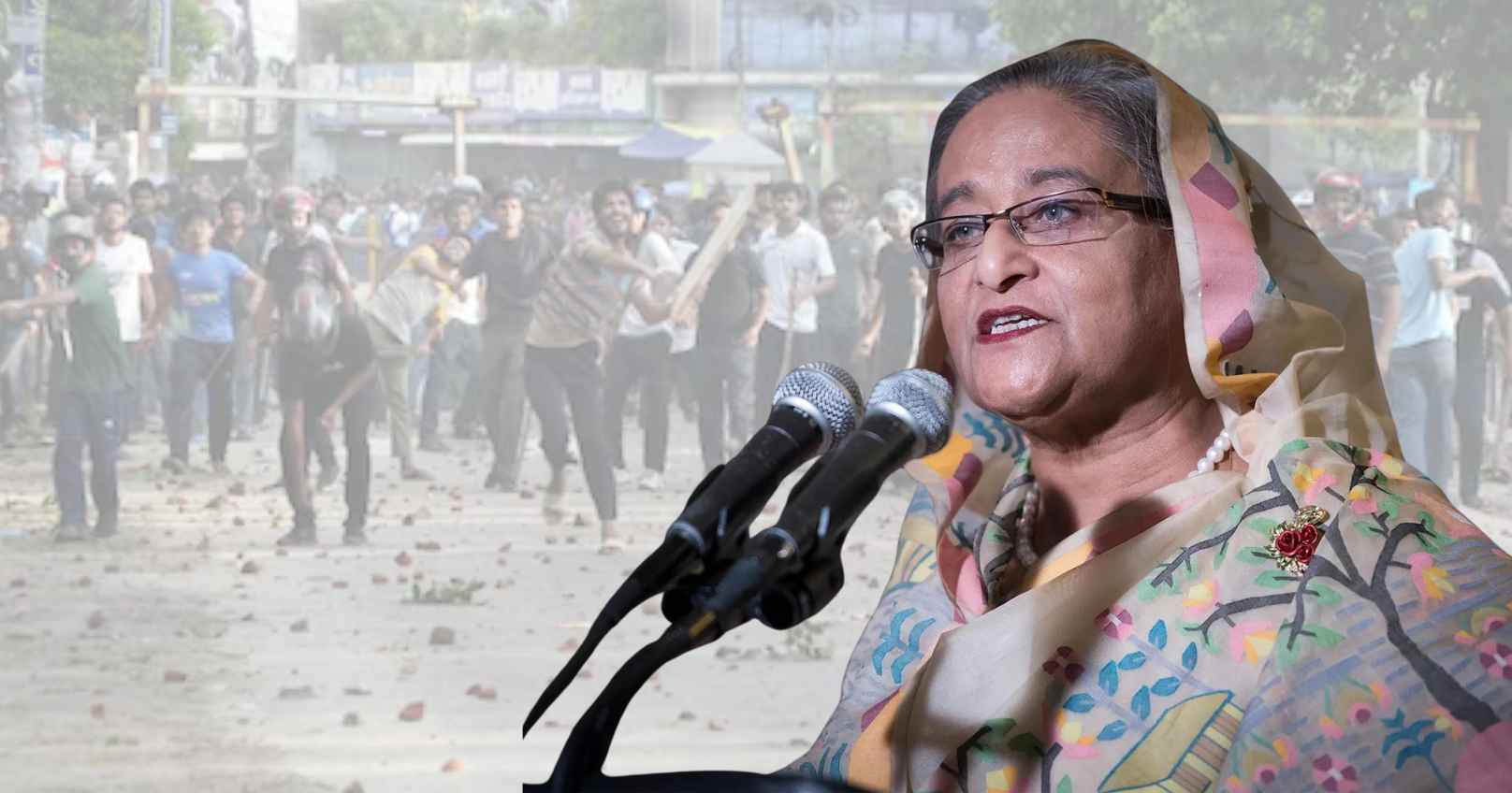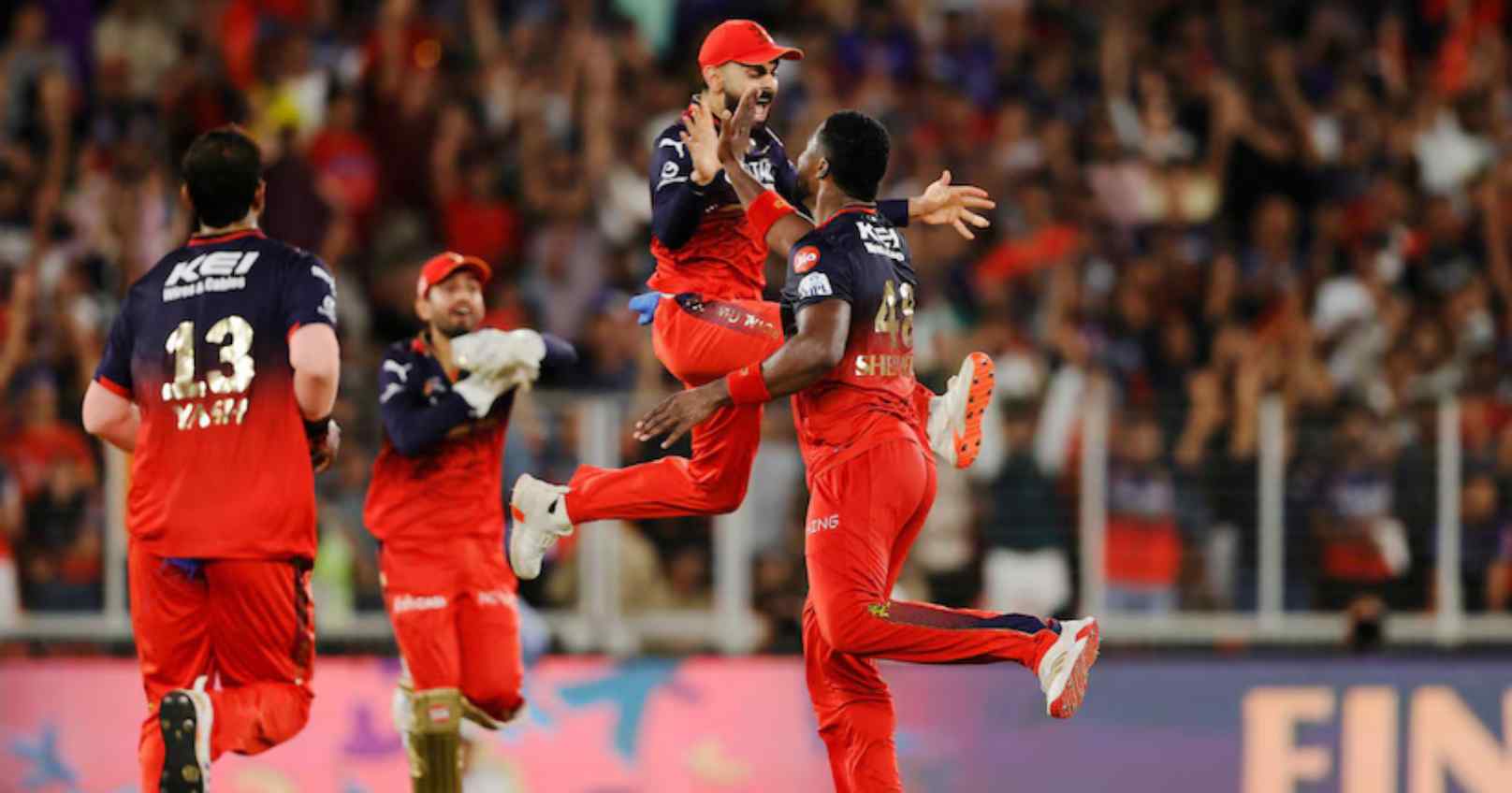Bangladesh Prime Minister Sheikh Hasina accused her political rivals of inciting the recent deadly violence during student-led protests against government job quotas. She announced on Monday that the curfew would be lifted once the situation improved.
Her remarks followed the South Asian country’s top court decision on Sunday to eliminate most quotas, a move made after days of clashes between protesters and security forces. These clashes led to internet shutdowns, a curfew, and army deployment. Hospital records indicated that at least 147 people were killed in the violence, one of the deadliest outbreaks in recent years.
Hasina, 76, who secured a fourth consecutive term in January in an election boycotted by the main opposition party, addressed business leaders in Dhaka. She said, "When arson terrorism started, the protesting students said they were not involved." She explained that the curfew was necessary to protect citizens' lives and property, adding, "We will lift the curfew whenever the situation gets better."
She accused the Bangladesh Nationalist Party (BNP) and the Jamaat-e-Islami party and its student wing of inciting the violence. While the opposition parties did not immediately comment, they have previously accused Hasina of authoritarianism, human rights abuses, and stifling dissent—allegations her government denies.
Following the Supreme Court ruling that 93% of government jobs should be open to merit-based candidates, calm returned to Dhaka on Monday. The court reduced quotas for families of freedom fighters, women, and disadvantaged groups from 56% to 7%. Experts attribute the unrest to stagnant private sector job growth and high youth unemployment, making government jobs more appealing due to their regular wage hikes and other benefits.
On Sunday, protesters issued a 48-hour ultimatum for new demands, though most adhered to the curfew on Monday. The previous week's protests saw thousands injured as security forces used tear gas, rubber bullets, and sound grenades against demonstrators. Tanks and armed security patrols were visible in Dhaka, but no new violence was reported.
Protesters' new demands include a public apology from Hasina for the violence, restoration of internet services, and reopening of campuses. The Anti-Discrimination Student Movement also called for the resignation of certain ministers and university officials, and the dismissal of police officers involved in areas where students were killed.
Dhaka police reported arresting 516 people for "destructive attacks," and a spokesperson noted three policemen were killed and over 1,000 injured. Home Minister Asaduzzaman Khan assured that "normalcy will return within one or two days," and the government extended a public holiday to Tuesday.
Some protest leaders, including Nahid Islam, reported being detained and tortured by individuals claiming to be police. Dhaka police denied these allegations.
Bangladesh’s $416 billion economy, previously one of the world's fastest-growing, has faced challenges post-COVID-19. Energy import costs from the war in Ukraine depleted dollar reserves, leading to inflation and pushing the government to seek an IMF bailout.







